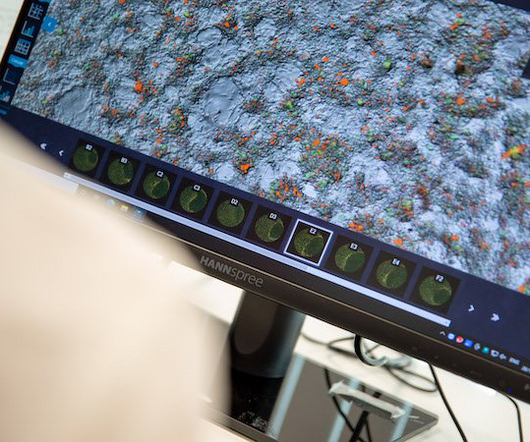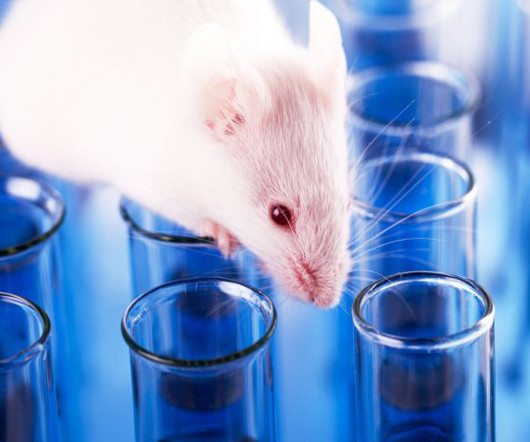Spotlighting Lupus Awareness Month: CAR-T Technology Creates New Avenues for Treatment of a Devastating Disease
WCG Clinical
MAY 28, 2024
CAR-T Cells Target Harmful B Cells in Lupus CAR-T cell technology, which uses genetic engineering to direct white blood cells to attack specific molecular targets, was originally proposed for treatment of HIV infection and hematological malignancies. In these cases B cell depletion is a feature, not a bug.













Let's personalize your content